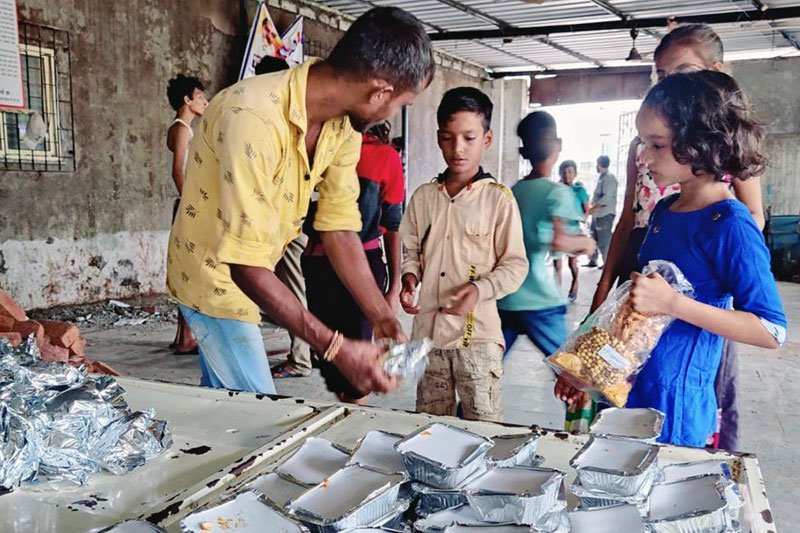Poverty is a global issue, and no matter how many organizations and governments work to eradicate it, the fight remains ongoing. Yet, the efforts of compassionate individuals and groups continue to shine a light on those who need it most. Vidhatha Welfare is one such organization that focuses on providing “helping hands” to the poor and needy, helping communities rebuild from the ground up.
The poverty problem is multi-faceted. It’s not just about financial deprivation—it’s about the lack of access to basic human rights like education, healthcare, clean water, and employment. Many people in poverty experience significant barriers that prevent them from improving their circumstances. Without proper intervention, they often face a future of uncertainty, instability, and hopelessness. This is where Vidhatha Welfare steps in, offering a pathway to change.
- Feeding the Hungry: A Fundamental Need
The first step toward alleviating poverty is ensuring that no one goes hungry. Malnutrition is one of the most common problems in impoverished areas. Without proper nutrition, individuals—especially children—cannot grow, learn, or contribute meaningfully to society. Hunger has a lasting impact on physical and cognitive development, which then perpetuates the cycle of poverty.
Vidhatha Welfare regularly organizes food drives to deliver meals to communities in need. These efforts help sustain families struggling to meet their basic food needs. Vidhatha works closely with local communities, mobilizing volunteers and supporters to ensure food reaches the most vulnerable populations.
- Healthcare for All: Bridging the Gap
Access to healthcare is another critical issue for impoverished populations. Lack of medical attention leads to preventable diseases, chronic health issues, and death. For poor communities, even a small medical bill can lead to financial ruin. Vidhatha Welfare provides free medical camps, where skilled professionals offer medical consultations, diagnostic services, and medications. These services are often life-saving, especially for families who would otherwise be unable to afford treatment.
- Education: A Gateway to Opportunity
Education is a key tool in breaking the cycle of poverty. However, many children from poor families are forced to drop out of school to support their families or because the cost of education is too high. Vidhatha Welfare believes that education is the gateway to a brighter future and provides scholarships, free learning materials, and infrastructure support to ensure that children in need can access schooling. We also offer vocational training programs for adults to give them the skills necessary to secure better-paying jobs.
- Empowering Communities: The Long-Term Solution
One of the most effective ways of tackling poverty is to empower communities. This means providing people with the tools and knowledge they need to lift themselves out of poverty. Vidhatha Welfare works not only to alleviate immediate needs but also to empower individuals and families with the knowledge, skills, and confidence to support themselves in the long term.
This empowerment approach focuses on entrepreneurial skills, microloans, and community-led development initiatives. By teaching people how to run small businesses, manage finances, or engage in trade, we provide them with the tools to create sustainable livelihoods.
At Vidhatha Welfare, we believe that giving a person the tools to succeed is just as important as giving them the resources they need to survive. Our work focuses on breaking the chains of dependency and creating pathways to independence.
Conclusion: A Brighter Future Through Collective Efforts
Helping the poor and needy is not just about providing charity; it’s about creating lasting change. By focusing on education, healthcare, and economic empowerment, we can help communities overcome the challenges they face. At Vidhatha Welfare, we know that small actions can lead to big changes, and together, we can create a world where every individual has the opportunity to live a dignified and fulfilling life.

